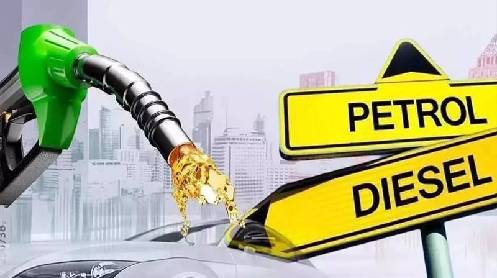ISLAMABAD: In a significant move to combat rampant fuel smuggling and adulteration, the federal government has tabled the Petroleum (Amendment) Act, 2025 in the National Assembly. The bill, introduced by Petroleum Minister Ali Pervaiz Malik, proposes the digital tracking of petroleum products from import and production to retail sale, aiming to prevent illegal activities that cause estimated annual revenue losses of Rs300–500 billion and environmental damage.
The legislation seeks to amend the outdated Petroleum Act of 1934 by adding clauses that mandate information technology-based tracking systems. These systems will monitor fuel storage points, transportation routes, petrol stations, and sales outlets in real-time, enabling coordinated action among government agencies.
The bill also empowers deputy commissioners, assistant commissioners, and designated officers under the Customs Act, 1969 to seize smuggled petroleum products, equipment, and transport vehicles — even prior to conviction. Trial powers will lie with sessions courts, while administrative enforcement will rest with local commissioners.
A joint intelligence report in April 2024 revealed that approximately 10 million litres of smuggled Iranian petrol and diesel enter Pakistan daily, resulting in revenue losses of over Rs227 billion annually. The report named 533 illegal petrol stations and over 100 smugglers, highlighting the scale of the issue.
Under the proposed amendments, offenders face fines ranging from Rs1 million to Rs10 million, with repeat violations attracting higher penalties. Illegal facilities will be sealed, and their licences cancelled. Owners of premises involved in smuggled fuel trade could face a fine of up to Rs100 million, alongside the confiscation of all assets used in the activity.
The bill also streamlines licensing procedures, requiring the Department of Explosives to process renewals within a month. Those operating on expired or cancelled licences will be given a six-month grace period, failing which penalties and confiscations will apply.
The initiative has received support from oil refineries and marketing companies, which have long demanded stricter border controls and anti-smuggling measures to safeguard their businesses and national revenue.
Story by Khaleeq Kiani







